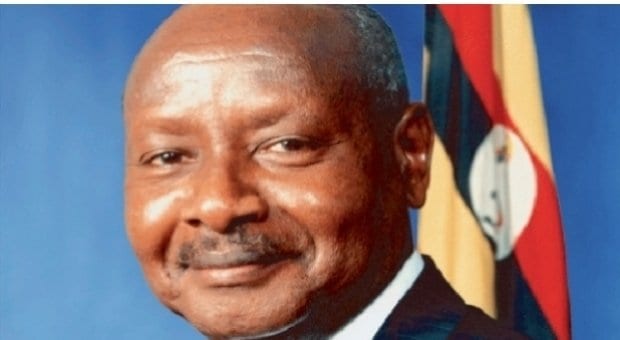Ugandan President Yoweri Museveni says he will not sign the government’s law that would see some gay people imprisoned for life unless scientists can prove that gay people choose their orientation and are not born that way, the Observer reports.
Museveni debated with a dissenting, booing State House Jan 24, telling MPs that he had met with gay-rights activists and was considering the possibility that gay people were born, “just like albinos.” The bill, passed in December, would not only make open homosexuality illegal, but would criminalize anyone who did not report a gay person.
Museveni has been an uncomfortable ally of gay Ugandans since he initially blocked the anti-gay bill earlier this month. In a letter to the parliamentary speaker, he wrote that while gay people were “abnormal” and “sexually starved,” they could be “saved” if economic conditions improved and should not be imprisoned.
A three-person delegation from the Robert F Kennedy Center for Justice and Human Rights met with Museveni Jan 18 in Entebbe, Uganda, to discuss the legislation, a conversation that Archbishop Desmond Tutu joined by telephone, according to a release from the RFK Center. Kerry Kennedy, president of the RFK Center, and Tutu had written to Museveni in December to express their concern about the bill.
The release says Museveni called the current draft of the anti-gay bill “fascist” and promised to reject it.


 Why you can trust Xtra
Why you can trust Xtra


